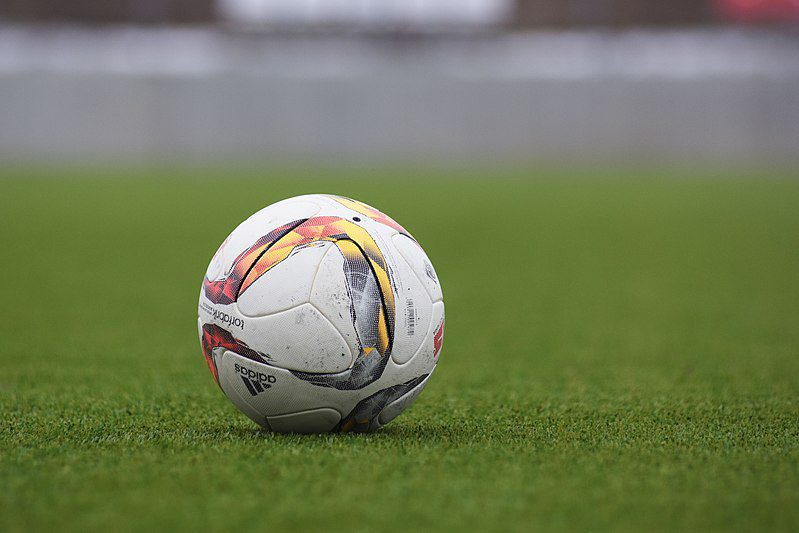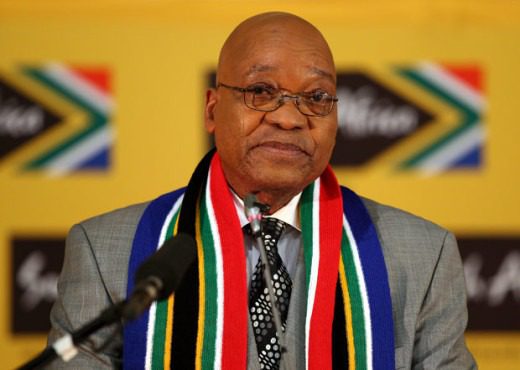National Issues
What Does Nigeria Missing Out on the 2022 World Cup Mean for Nigerian Football?
The media is not without blame for the embarrassment either, as it was their doing that Rohr was sacked in the first place. The media seem determined for the NFF to appoint Nigerian coaches and only select local-born players, but the reality is that Nigerian football is not strong enough yet.

At the end of March, Nigeria drew 1-1 against Ghana, losing the tie on away goals and meaning that the Super Eagles won’t be attending the 2022 World Cup. This will be the first time that Nigeria hasn’t reached the World Cup since 2006, shocking African football fans and Nigerians all over the world. Despite being one of the strongest African nations when it comes to football and having plenty of star talent, Nigeria have struggled lately and left many fans wondering what the issue is.
With this year’s World Cup being held in the winter rather than the summer, it means a lot of disruption to football schedules around the world. However, Nigerian players will at least get to rest after failing to qualify for the tournament. You can check out the latest odds for the Qatar World Cup and claim your sports betting offer at promotion.com.ng
For Nigeria, it’s clear that there are major problems that need to be addressed, but who exactly is to blame?
The Nigerian Football Federation
In most cases when a major football team fails to qualify for a tournament, the federation is the first to be blamed. Ultimately, the NFF is responsible for all of the decisions that affect the team, including where they play, when and where they train, who coaches them, and more. As a result, it’s easy to see why they should be responsible for any failures. While they may not be the ones on the pitch, a team cannot function correctly if they’re set up to fail. Many fans of Nigerian football believe that the NFF has been incompetent and has cost the team its place in Qatar.
Amaju Pinnick was elected president of the Nigerian Football Federation on September 30, 2014. He was in charge of the failure to qualify for the 2015 and 2017 AFCON tournaments. He then hired Gernot Rohr as his head coach, who oversaw an era of prosperity for Nigerian football. However, Rohr was sacked after five years, and there have been disputes over his contract and the money he received.
The Nigerian Players
Of course, the players themselves are not without fault. In many cases, players get away with poor performances by blaming managers or coaches. While those factors will contribute, some of the performances from the Super Eagles have been uninspired to say the least. Poor goalkeeping, average defending, and players who looked tired and disinterested led to a poor World Cup qualifying campaign.
The Nigerian Coach
Gernot Rohr was sacked after more than 50 games in charge and was replaced with Augustine Eguavoen. Although it’s always good to see a former legend managing a club he was personally involved in, Eguavoen has seemed out of his depth for most of his short spell in charge. Interestingly, he was the assistant coach when Nigeria last failed to qualify for the World Cup, showing that in football, history often repeats itself. The tactics, substitutions, and lineups for Nigeria have been poor while Eguavoen has been in charge, and it seems like a change of coach would be best to freshen things up.
The Nigerian Media
The media is not without blame for the embarrassment either, as it was their doing that Rohr was sacked in the first place. The media seem determined for the NFF to appoint Nigerian coaches and only select local-born players, but the reality is that Nigerian football is not strong enough yet. A lot of work needs to be done to build up grassroots football throughout the country. The media can be a big part of that by encouraging people to support their local teams and by getting behind the Super Eagles the next time they play.




















